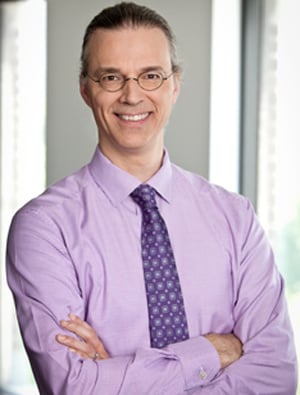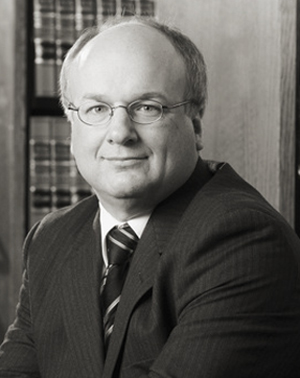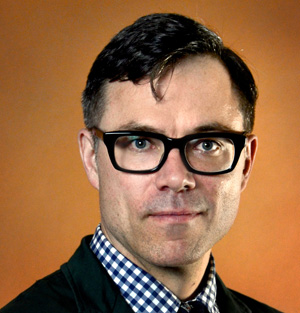
Three law professors have been awarded Trudeau fellowships, worth $225,000 each, for their research on various social issues.
Jean Leclair, a law professor at the Université de Montréal, has a wealth of knowledge when it comes to federalism in Canada. His research looks at the political relationships between people and governments. He is developing a theory of federalism that considers the desire for autonomy of Quebec and aboriginal nations.
“We tend to see federalism as just a means of organizing groups and we forget that within those groups there are individuals who have multiple allegiances,” he says.
“The way you see the world will determine how you as a lawyer will prescribe solution to the world as you see it, and if you only see groups and you don’t see individuals [and] if you only see groups that are homogenous and unanimous in their beliefs . . . then what you prescribe in terms of constitutional law will be influenced by that,” he says. “But if you start looking at the people who make up these groups then society is much more complicated.”
The fellowship will let Leclair write a book and promote a series of conferences on federalism, as well as finance his graduate students.
 Kent Roach, a professor at the University of Toronto Faculty of Law, specializes in constitutional law and human rights. His work includes research on security certificates following the war on terrorism and restitution for the abuses of the residential schools system.
Kent Roach, a professor at the University of Toronto Faculty of Law, specializes in constitutional law and human rights. His work includes research on security certificates following the war on terrorism and restitution for the abuses of the residential schools system.
Through the fellowship, Roach plans to work on two main projects to comparatively examine constitutional remedies and wrongful convictions. He has written on both of these subjects in Canada but says a comparative focus will allow the public to understand both phenomena better.
He plans to look at how constitutional remedies work in South Africa and Kenya, as well as New Zealand, the United States, and the United Kingdom. “I hope to teach intensive courses to students in those countries as I have found such exercises very helpful in the past,” he tells Legal Feeds.
Roach will also travel to China in December to present a paper on wrongful convictions that he co-wrote with third-year law student Lin Cong, who examined Chinese media and other reports in Mandarin.
“China is just starting to recognize they have wrongful convictions so it’s an exciting time,” says Roach.
He plans to continue to work with The Truth and Reconciliation Commission on Residential Schools, of which he is currently an adviser, and complete more work in the area of national security.
Roach has worked on a number of commissions of inquiry, including: Morin, Ipperwash, Arar, Driskell, Air India, Goudge, and The Truth and Reconciliation Commission. He also does pro bono litigation through the David Asper Centre for Constitutional Rights.
Timothy Caulfield, a professor at the University of Alberta Faculty of Law and School of Public Health, has done extensive research in the health sector. He has dedicated much of his work to quashing myths and assumptions about health technologies and services, including stem-cell research, cloning, diets, and alternative medicine. He’s also written a book in this area, The Cure for Everything: Untangling the Twisted Messages about Health, Fitness and Happiness.
 “I hope that my work helps to inform the development of Canadian health and science policy. We live in an era awash in evidence, but so often it is under-utilized or misapplied by both the public and policymakers,” he said in a press release.
“I hope that my work helps to inform the development of Canadian health and science policy. We live in an era awash in evidence, but so often it is under-utilized or misapplied by both the public and policymakers,” he said in a press release.
Caulfield is U of A’s Canada Research Chair in Health Law and Policy and has been the research director of the Health Law Institute since 1993. Through his work, he also explores legal and ethical issues related to health-care services. Caulfield plans to use the fellowship to put together a team of scholars and fellows to address health issues like nutrition, stem-cell research, and vaccinations.
The Pierre Elliott Trudeau Foundation is an independent, non-partisan charity that was established in 2001. Every year, it recognizes prominent researchers who contribute to the humanities and social sciences in four areas: human rights, responsible citizenship, Canada and its place in the world, and people in their natural environment.







